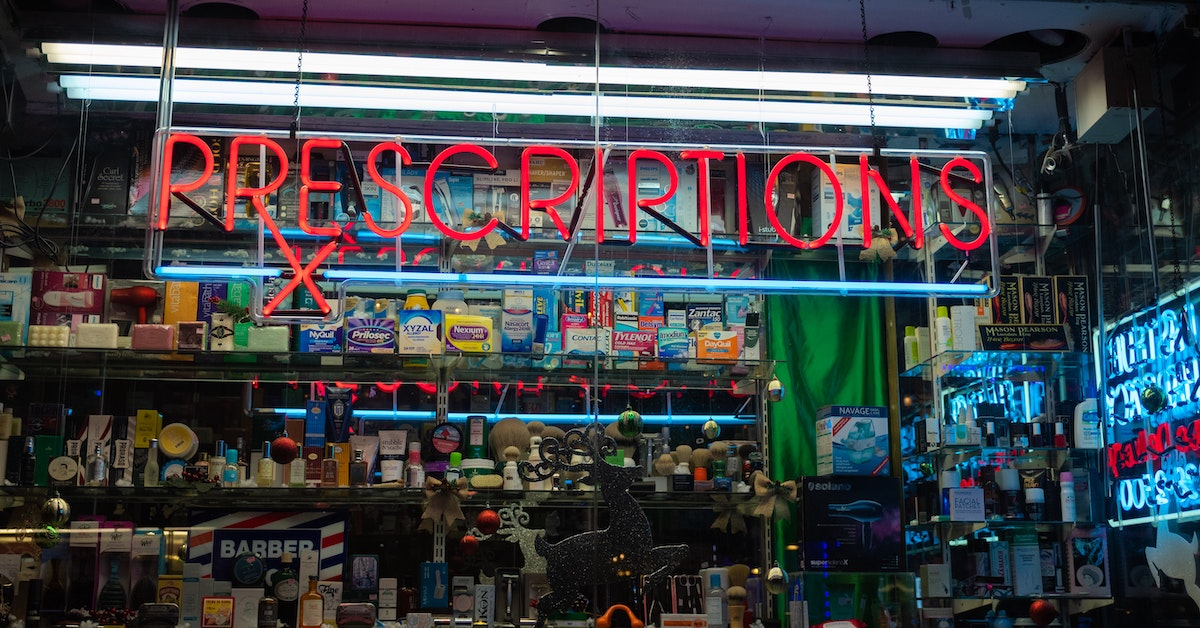Late last month, the Drug Enforcement Administration announced a number of new regulatory suggestions that would greatly impact accessibility to controlled substance prescriptions for online pharmacy patients. These proposals would be set to take effect after the public health emergency regarding COVID-19 comes to an end.
According to the New York Times, the Biden Administration is currently set to end this PHE on May 11th. In the agency’s own words (from a recent press statement), the DEA hopes that these new regulatory proposals will “extend many of the flexibilities adopted during the public health emergency, with appropriate safeguards.”
Whether or not these changes will truly extend such flexibilities has been up for debate. These tentative regulatory amendments have been garnering praise and scrutiny alike, with critics wondering how they could impact people suffering from substance use disorders.
Conversely, as these policy changes increase the necessity for in-person consultations, critics are contemplating how these changes could impact patients living in urban or rural communities, with limited access to real-world doctors and pharmacists to treat their conditions.
If you’re a telehealth patient or provider wondering what these public health regulations could mean for your own prescriptions, wonder no more.
New DEA Requirements For Telemedicine
Regulatory changes which took effect during the COVID-19 pandemic helped the telemedicine and online pharmacy businesses experience an exponential, astronomical boom. Telehealth in itself is far from new: it’s been around since the mid-to-late 90s, as a matter of fact. Its widespread usage, however, is a relatively recent phenomenon.
Recognizing the elevated necessity for healthcare resources and services attainable remotely, regulatory bodies like the DEA sought to expand access to care by loosening certain online prescribing rules and amending others. When all was said and done, one JAMA study estimates that these policy changes increased telehealth usage as much as 20-fold – just for online therapy and psychiatry!
While the DEA’s proposals would put an end to some of these COVID-era policy changes, the agency also hopes they’ll expand “patient access to critical therapies beyond the scheduled end of the COVID-19 public health emergency.”
These new DEA telehealth rules were developed in collaboration with other federal agencies, such as Veterans Affairs, as well as the Department of Health and Human Services. This would extend the flexibility of U.S. telehealth access beyond the COVID public health emergency by:
- Continuing to allow fully-remote prescriptions of non-controlled medications, including antibiotics, birth control, insulin, and other medicines.
- Affording patients a six-month grace period to receive controlled medication prescriptions online, and online providers additional time to adapt.
- Offering patients a 30-day controlled prescription window; after the first month, they would need an in-person doctor visit to refill certain prescriptions.
- Expanding access to medicines needed to treat addiction and the opioid public health emergency, long after the COVID-19 emergency.
Wondering how this could all affect how controlled substance telemedicine prescriptions work? The new proposed “safeguards” would still allow online pharmacies to prescribe a 30-day supply of Schedule III-V non-narcotic medications without an in-person health exam. They would also still allow patients to access a 30-day emergency supply of buprenorphine, a drug commonly used and prescribed to treat opiate addiction.
But under these new proposals, most online controlled substance prescriptions will soon require at least one in-person medical evaluation, before such scripts can be written and refilled. Supporters of these new public policy proposals argue that tighter controlled prescription rules will help to mitigate substance abuse and improper off-label usage of these prescribed substances. On the other side, critics argue that:
- Such proposals could be too restrictive, and curtail more access to care than not.
- Requiring in-person visits for buprenorphine could limit access to life-saving care.
- The in-person consultation requirement isn’t inclusive to patients with disabilities.
- Our current administrative systems won’t adequately accommodate the changes.
Whether you agree or disagree with those assessments, you currently have the right to make your voice heard on Regulations.gov, and to publicly comment on the federal draft guidance. This comment period is open until the end of the month, March 31st, 2023.
The final policy likely won’t be too dissimilar from the draft guidance, though it’s possible that certain details could be subject to change before finalization.
When Can Controlled Substances Be Refilled Early?
Generally speaking, controlled medication prescriptions can only be refilled early if they were written as an “authorized prescription” for emergency use. If so, they can often be filled as quickly as two days after you finish the initial 30-day supply. But it’s important to note two things about filling controlled substance prescriptions online:
- You might soon require at least one in-person health examination before having a controlled substance prescription written and refilled.
- Prescribed controlled substances (like benzodiazepines, Adderall, Vyvanse, and certain chronic pain medicines) can only be refilled for a limited time.
In most cases, you can only refill these prescriptions up to five times within six months of the issue date. State laws and federal laws can both vary significantly on this, though. So if you have further questions or concerns regarding controlled prescription refills, we’d recommend that you research how they apply to your own local jurisdiction.
We’ll have to wait and see how these regulatory changes transpire, and how they are ultimately implemented into the law of the land. Certain online pharmacy providers, like Talkiatry, will barely be impacted by this new guidance, as only a select few of their patients will require controlled substance prescriptions.
Other providers, like Cerebral and Done, have already had to change their practices and cease prescribing controlled substances altogether. This follows some regulatory scrutiny from last year that is still ongoing.
We’ll be sure to continue following what future regulations and prescribing practices mean for the relationship between patient and provider.
Prescribed Controlled Substances Without Insurance
Underinsured or uninsured?
Read our online pharmacist reviews to stay up-to-date on the web’s leading providers of affordable, accessible, prescription-based care.


